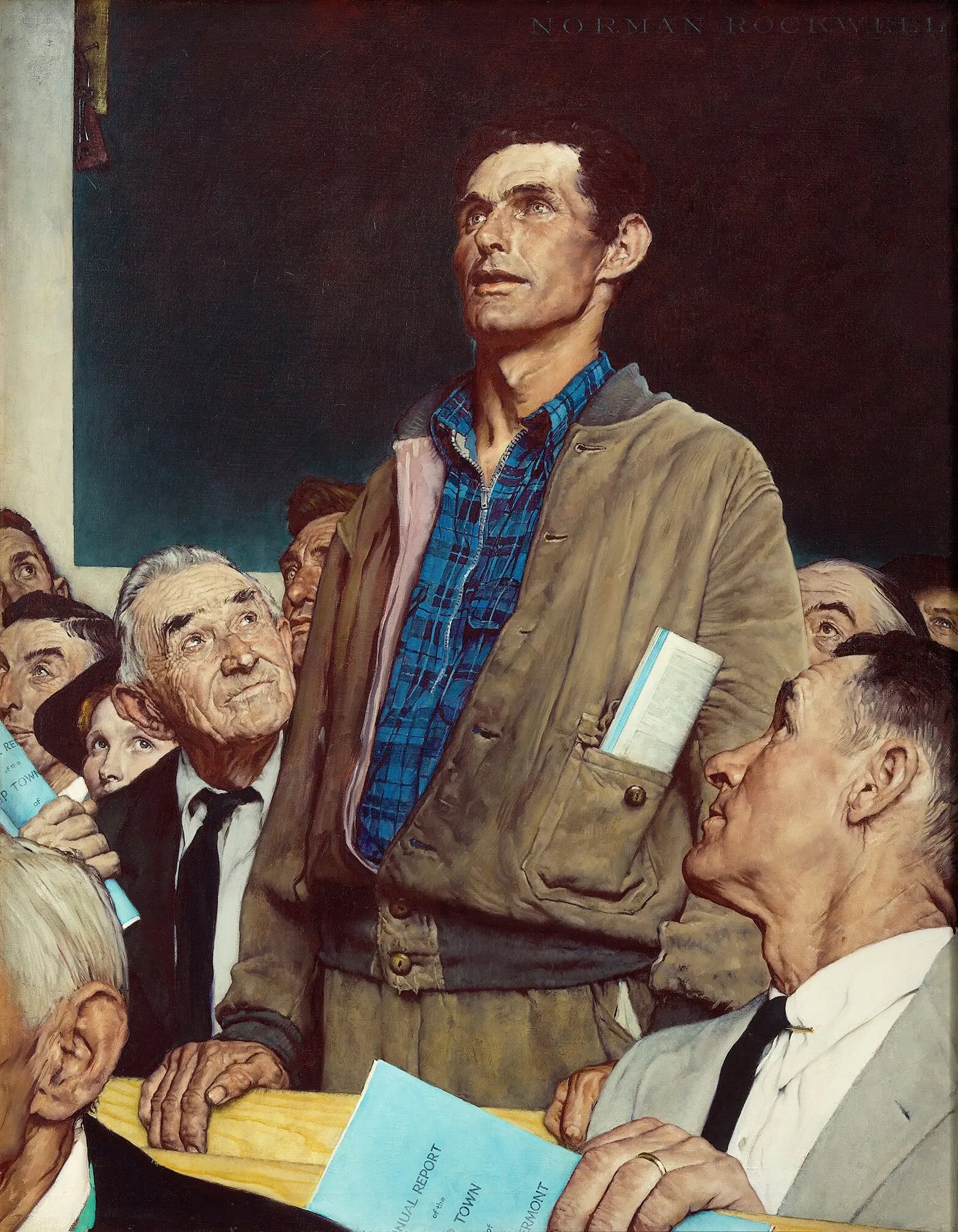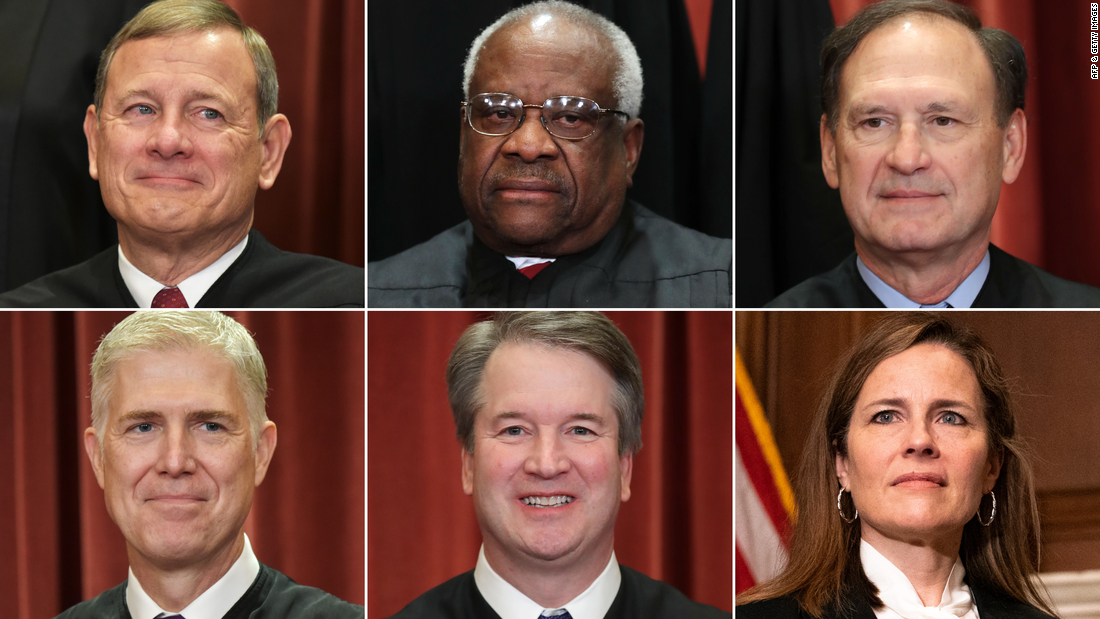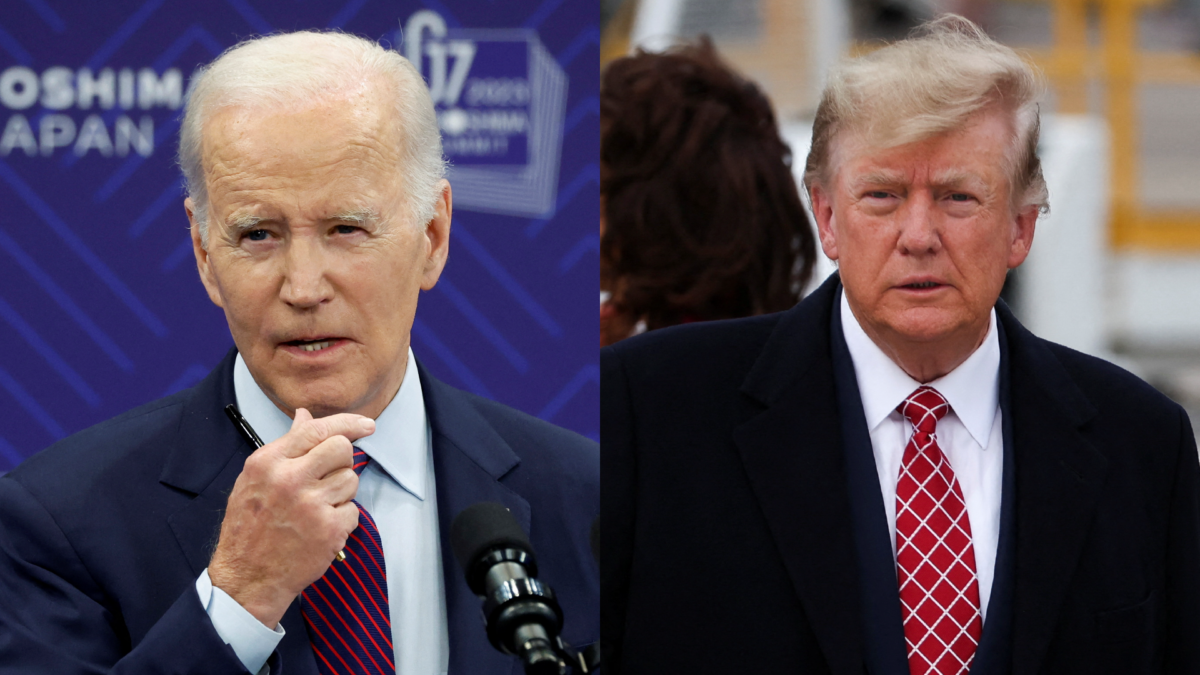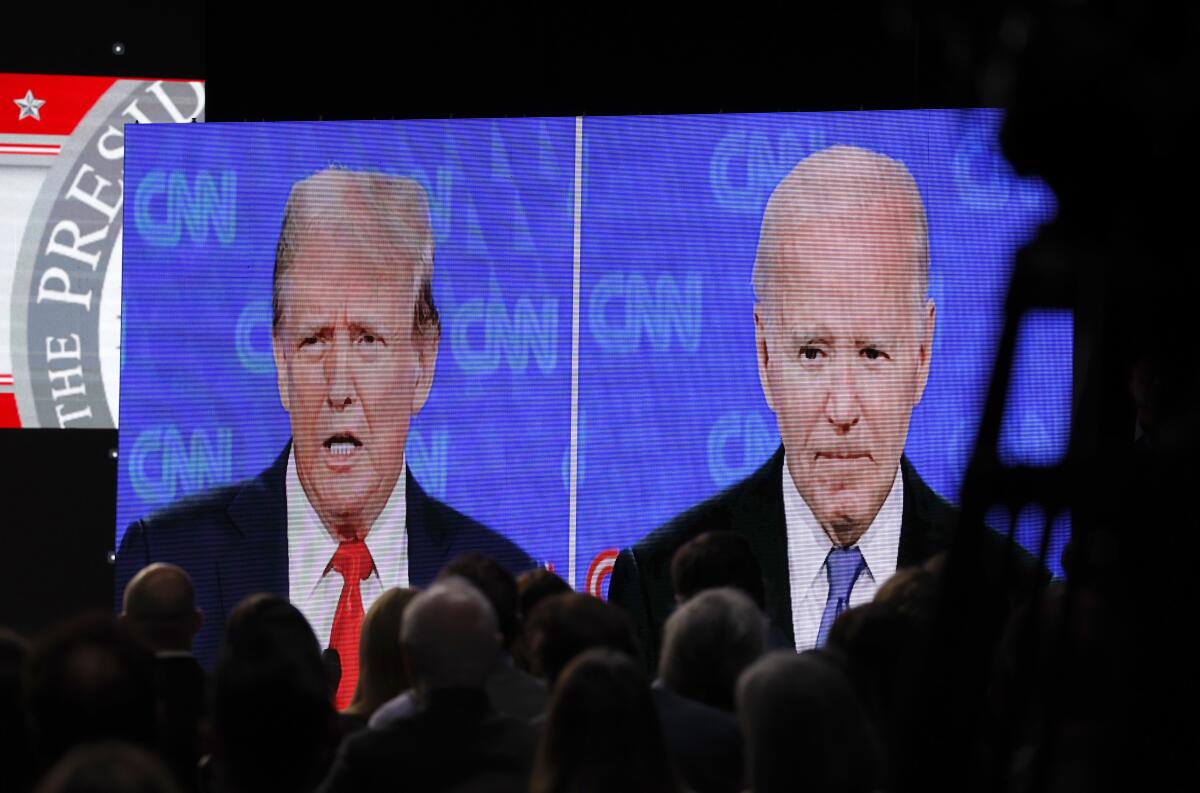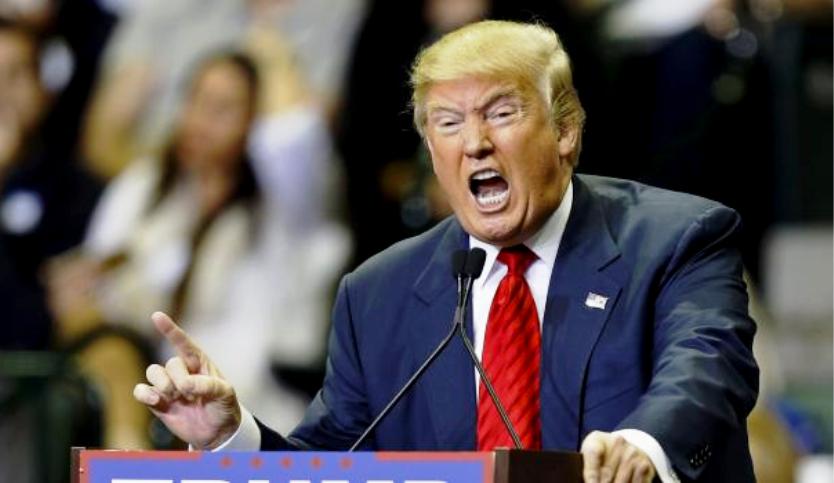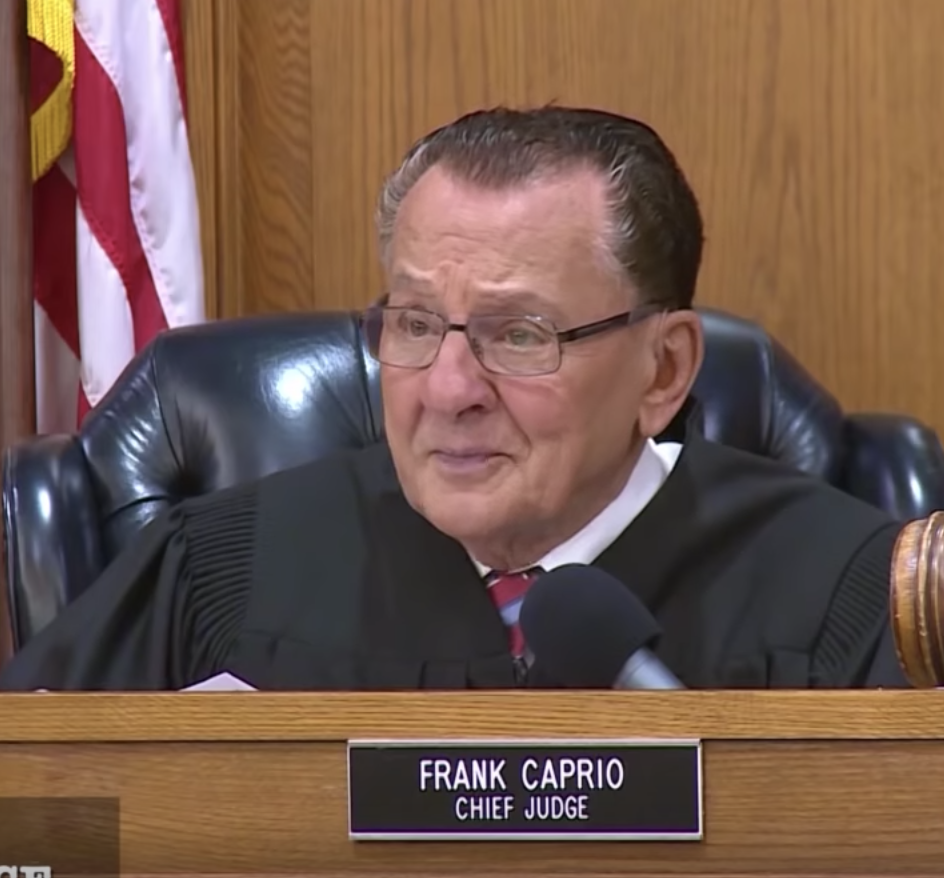After Sony’s announcement that they would pull the Seth Rogen-James Franco comedy “The Interview” before a planned Christmas day release there has been no shortage of reactions, mostly one sided:
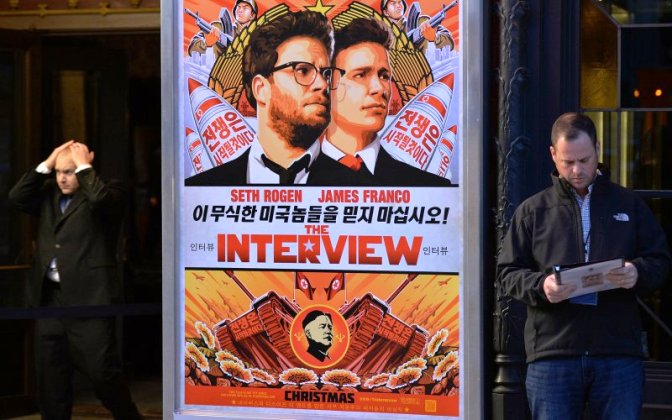
Actor Steve Carell: Sad day for creative expression.
Director Judd Apatow: I think it is disgraceful that these theaters are not showing The Interview. Will they pull any movie that gets an anonymous threat now?
TV Host Jimmy Kimmel: An un-American act of cowardice that validates terrorist actions and sets a terrifying precedent.
Actor Rob Lowe: Hollywood has done Neville Chamberlain proud today.
Newt Gingrich: With the Sony collapse America has lost its first cyberwar. This is a very very dangerous precedent.
A headline on news/opinion website The Daily Beast reads: “Hollywood Surrenders to North Korea.”
The knee-jerk response here is “American does not capitulate to terrorists”; and, “we are a country that supports freedom of expression.”
This is no light-weight decision by Sony. They were responding to several theater chains – Regal, AMC, Cineplex – who contacted the studio and backed away from screening the film based on the threat made by cyber-terror group Guardians for Peace:
“Remember the 11th of September 2001. We recommend you to keep yourself distant from the places at that time. (If your house is nearby, you’d better leave.) Whatever comes in the coming days is called by the greed of Sony Pictures Entertainment.”
Sony’s response:
“In light of the decision by the majority of our exhibitors not to show the film “The Interview,” we have decided not to move forward with the planned December 25 theatrical release. We respect and understand our partners’ decision and, of course, completely share their paramount interest in the safety of employees and theater-goers.
“Sony Pictures has been the victim of an unprecedented criminal assault against our employees, our customers, and our business. Those who attacked us stole our intellectual property, private emails, and sensitive and proprietary material, and sought to destroy our spirit and our morale—all apparently to thwart the release of a movie they did not like. We are deeply saddened at this brazen effort to suppress the distribution of a movie, and in the process do damage to our company, our employees, and the American public. We stand by our filmmakers and their right to free expression and are extremely disappointed by this outcome.”
Now before you jump on the “they’re-all-cowards” bandwagon, think about this: it only takes one “lone wolf” in one theater to fulfill the GOP’s threat. We’ve already seen one gunman in a Colorado theater kill 12 people and injure 70 others two years ago. As far as I know, movie theaters around the country do not have a plan in place to deal with threats of this kind. From the standpoint of responsibility to the public, the reaction from theater owners and Sony is both reasonable and understandable.
While critics of Sony’s decision declare that it sets a dangerous precedent, I would argue that this is a short-term response. In the case of Sony, the way to deal with the issue is to step back, assess the vulnerabilities, and work with the FBI to formulate a plan for the future.
In 1982, Johnson & Johnson Chairman James Burke faced a terrorist threat when seven people in the Chicago area had died after ingesting Extra-Strength Tylenol. Rather than follow the advice of White House officials who urged Burke not to give in to the demands of a terrorist, Burke chose the responsible, short-term, solution: pull the product from every shelf in the country. He and his team then went about devising a tamper-resistant container.
While you can argue that the danger poisoned Tylenol capsules posed to the public was much more immediate, I would argue that Sony executives and theater owners are practicing the same kind of self-restraint.
Self-restraint is not weakness. At this point in time, Sony appears to be taking into account the immediate interests of individuals and partner organizations.
Yes, Sony’s immediate decision is a decision against free speech. Temporarily. But Sony is also in the movie business, as are theater owners, and both know that they simply cannot avoid distributing movies just because a group of nut jobs dislikes the content. Let me be clear, I’m not in favor of any form of censorship. I just believe we need to carefully assess the specific situation and formulate a responsible plan for addressing the issue.
No, Newt, America has not “lost its first cyberwar.” And no, Rob, Hollywood is not Neville Chamberlain.
Cybercrime is a long term issue that demands critical long-term thinking and a strategy to keep the nut jobs at bay the best way we can. A sad, 21st century reality is this: If any individual, company or organization has any presence on the Internet, they’re vulnerable to an attack by criminal elements. It’s not a matter of if. It’s only a matter of when.
What is surprising to me is the fact that Sony attempted to gather support from other studios and had been rebuffed, ostensibly, out of fear that anyone supporting Sony might face the next attack. This, from an industry that prides itself on standing on principle.
Sony made a difficult decision, but it was also a responsible one. They also have an opportunity to lead their business community in developing a strategy to deal with this issue in the future.
Comments


